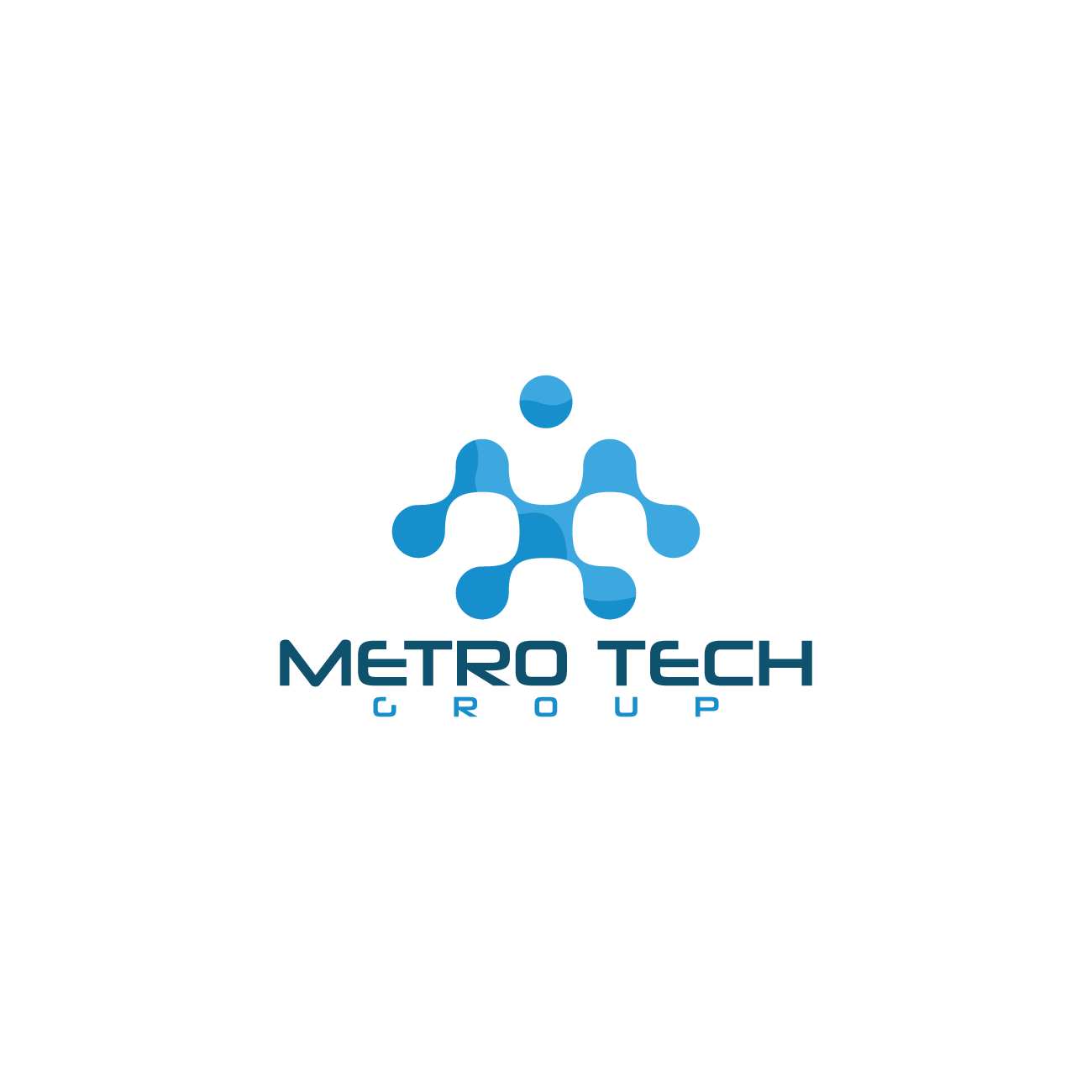8 Ways a SASE Solution Can Improve Your Remote Workforce Security
In an increasingly remote work environment, ensuring the security of your workforce is paramount. That's where a Secure Access Service Edge (SASE) solution comes into play. It combines networking and security functions into a single cloud-based service, designed to provide secure access regardless of the user's location. Let's delve into how a SASE solution can enhance the security of your remote workforce.
1. Simplified Network Security
A SASE solution simplifies your network security by integrating various security services, such as firewall, VPN, and anti-malware, into a single solution. This helps in managing and monitoring network traffic more efficiently. Imagine not having to juggle between multiple security products; with SASE, your security team can focus more on safeguarding your data rather than maintaining disparate systems. Moreover, the centralized management provided by SASE reduces the complexity typically involved in handling network security, allowing for quicker response times to security incidents.
The integration of these diverse security functionalities into a single platform also means that you get a holistic view of your network's security posture. No longer do you have to piece together information from various sources to form a complete picture. This approach ensures that potential threats are more easily identified and managed. Additionally, the time and resources saved from a simplified network security approach can be reallocated towards other critical tasks, such as improving security protocols and training employees to recognize and avoid potential threats.
2. Seamless Secure Access
With SASE, employees can access the company's network securely from anywhere. It uses identity-driven security policies, ensuring that only authorized users gain access to sensitive data. This is crucial for businesses that have adopted remote work models, as it mitigates risks associated with unsecured connections. The beauty of SASE lies in its flexibility; it adapts to the needs of your workforce, providing secure access whether they are working from home, a co-working space, or even a coffee shop.
In addition to secure access, SASE also employs multi-factor authentication (MFA) as an added layer of security. This means that even if a password is compromised, unauthorized access is still prevented. SASE makes it simple for IT departments to enforce security policies consistently, without the need for complex infrastructure changes. Furthermore, real-time monitoring of access requests ensures any anomalies are promptly flagged and dealt with, keeping your network secure at all times.
3. Consistent Security Policies
SASE enforces consistent security policies across your network, regardless of where the user is located. This uniformity eliminates the security gaps that often arise when employees work remotely. When security policies are consistent, it’s easier to manage and audit compliance, reducing the likelihood of human error or overlooked vulnerabilities. Consistency in security policies also ensures that every device accessing the network adheres to the same standards, reducing the risk of breaches due to non-compliant endpoints.
Imagine the peace of mind knowing that no matter where your employees are located, they are all protected by the same stringent security measures. SASE simplifies the enforcement of these policies through automation and centralized management, making it easier for security teams to implement and maintain them. This consistency not only enhances security but also streamlines troubleshooting and support, as IT teams can follow a single set of guidelines when addressing issues.
4. Enhanced Data Protection
With data encryption and advanced security features, a SASE solution ensures that your company's data remains protected during transmission and storage, preventing data breaches and unauthorized access. Data encryption is critical in safeguarding sensitive information, especially when transmitted over the internet. SASE employs robust encryption protocols, making it significantly harder for cybercriminals to intercept and decipher your data.
Besides encryption, SASE also includes data loss prevention (DLP) functionalities that monitor and control the data being accessed and shared within the network. These features ensure that sensitive information doesn't fall into the wrong hands. The advanced security measures provided by SASE help in identifying and mitigating potential threats before they can cause any significant harm, thus maintaining the integrity and confidentiality of your data. With such comprehensive protection, businesses can focus on their core activities without worrying about data security.
5. Improved Threat Detection
SASE solutions are equipped with real-time threat detection capabilities, helping to identify and mitigate threats quickly. This proactive approach enhances your company's overall security posture. Traditional security systems often rely on reactive measures, addressing threats only after they have occurred. SASE, on the other hand, leverages advanced technologies like artificial intelligence and machine learning to predict and neutralize threats before they can infiltrate your network.
The ability to detect threats in real-time means that security teams can respond immediately, significantly reducing the window of opportunity for cybercriminals. SASE's integrated nature ensures that all threat detection and mitigation efforts are streamlined, providing a cohesive defense mechanism. Furthermore, continuous monitoring and analysis of network traffic help in identifying unusual patterns that could signify an impending attack. By adopting a SASE solution, businesses can stay one step ahead of cyber threats, ensuring a secure and resilient network environment.
6. Scalability for Growing Businesses
As your business grows, a SASE solution can easily scale to meet increasing demands. Its cloud-based nature allows seamless scalability without compromising on security. Unlike traditional security systems that may require significant infrastructure investments to scale, SASE expands effortlessly by leveraging cloud resources. This not only ensures that security measures grow in tandem with your business but also keeps costs under control.
Another advantage of SASE's scalability is its capacity to handle fluctuating workloads. Whether your business experiences seasonal spikes or rapid growth periods, SASE can adapt to these changes without any degradation in performance or security. This flexibility is particularly beneficial for businesses that operate in dynamic markets or are undergoing rapid expansion. By choosing a SASE solution, companies can ensure that their security infrastructure is always aligned with their operational needs, facilitating smooth and secure growth.
7. Support for Compliance Requirements
A SASE solution helps in complying with various regulatory requirements by ensuring data security and privacy. It supports adherence to GDPR, HIPAA, and other relevant regulations. Navigating the complex landscape of regulatory compliance can be challenging for businesses, especially when dealing with sensitive information. SASE simplifies this process by incorporating compliance measures directly into its security framework.
Beyond just meeting regulatory standards, SASE provides detailed reporting and audit trails that make it easier to demonstrate compliance during regulatory reviews. This is particularly important for industries such as healthcare and finance, where stringent data protection standards must be met. By integrating compliance as a core component, SASE not only helps in avoiding legal and financial penalties but also builds trust with clients and stakeholders, reinforcing the company’s reputation for strong security practices.
8. Optimized Network Performance
Besides security, SASE also focuses on optimizing network performance. It reduces latency and improves the user experience by directing traffic through the most efficient paths. High latency and poor network performance can be frustrating for remote workers, impacting their productivity. By intelligently routing data, SASE ensures that employees can access the resources they need without unnecessary delays.
Additionally, SASE's ability to optimize bandwidth usage ensures that critical applications receive the necessary resources for smooth operation. This not only enhances the user experience but also improves overall network efficiency. With optimized performance, businesses can support a larger number of remote workers without encountering the typical bottlenecks associated with traditional networks. This focus on performance, combined with robust security measures, makes SASE a comprehensive solution for modern remote work environments.

